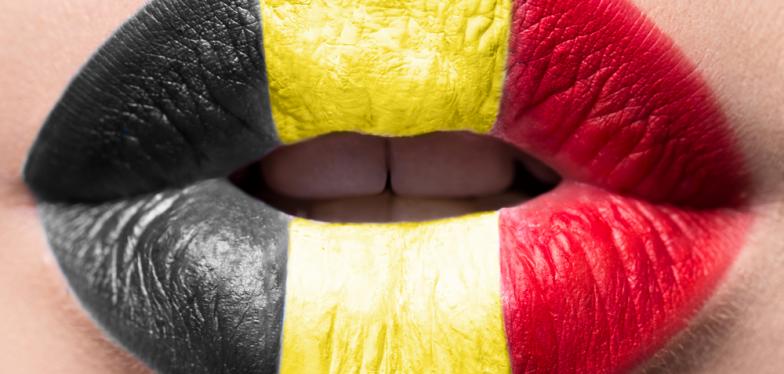Do you speak Belgian? Maybe not
Belgium has three official languages: Dutch, French and German. Belgium contributes to the promotion of the French language and has been a member of the International Organisation of La Francophonie since 1970. Even though we are very close to our French neighbours, our language is full of words and expressions specific to our own small country.

Most French-speaking Belgians are completely bilingual in French and Belgian, but it is useful to know the nuances. If you invite a French-speaker to 'diner' (dinner) 'entre l’heure du midi' (at lunchtime) to eat 'chicons' (chicory) they might give you a funny look. In fact, you are inviting them 'durant la pause de midi' (at lunchtime) to share 'endives' (chicory).
Among the most common Belgicisms are the numbers 'septante' (70), 'nonante' (90) and the meals of the day 'déjeuner' (breakfast) 'diner' (lunch) 'souper' (dinner). As for the weather, if you live in Belgium you should know that in winter it is 'caillant' (very cold) and that there is a strong risk of a 'drache' (heavy rain shower). But other words have become so commonplace that we forget they are Belgicisms, for example 'bande de circulation' (traffic lane), 'clignoteur' (indicator), and 'essuie' (towel).
Our language is enhanced by several charming expressions, such as 'être dure de comprenure' (be a bit slow on the uptake). Saying that someone does not have ‘toutes les frites dans le même sachet’ means that they are not in their right mind. 'En stoemmelings' means on the sly.
It's impossible to produce a complete inventory of all the gems of the Belgian language here; what is your favourite Belgicism?
Take part in our survey and don't miss the next episodes in this series which will look at other words and expressions specific to our country.